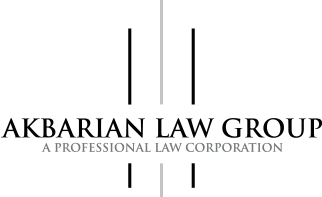Frequently ASKED QUESTIONS
Who will primarily be handling my case?
Each and every case is directly handled by our lead attorney, Anie. N. Akbarian. As such, you can expect strong attorney-client communication from the start of your case through its final resolution.
How long does a domestic violence case take?
Domestic violence – or DV – cases begin with by filing a “temporary restraining order” or TRO. Once the TRO is filed, a hearing on the issue of whether the “temporary” restraining order should become “permanent” (which in California is up to five years) is set within 21 days and no later than 25 days. There are, however, times that the hearing date for the “permanent” restraining order may continued, as the accused has the right to continue it once after being served; or because of other reasons which the Court may deem as “good cause” to continue the matter.
My case involves complicated issues. How can my attorney help?
Many family law matters involve complex litigation, including high-value asset division, resolution of complicated real property issues, taxation issues, third-party joinder issues, concealment of assets, child psychology issues, separate property management, interstate issues, and so on. At Akbarian Law Group, APLC, we are experienced in dealing with these complicated issues and excel in creatively and effectively resolving tough problems.
What is the difference between “legal” and “physical” child custody?
Legal custody is the right to make decisions about a minor child’s health, safety, education, religion, welfare, etc. Physical custody is the actual time a parent spends exercising custody and control over a minor child. Absent unusual circumstances, both parents usually enjoy the right to exercise “joint legal custody” over their minor child or children. If parents enjoy a “joint physical custody” arrangement, it means that each parent has approximately 50% exercise of parental custody and control over their minor child.
What are the advantages of retaining a family law attorney?
Property settlements and litigation can be very complicated. We will help you protect your community and separate property interests. Child custody, visitation and support disputes can likewise be very complicated. We will guide you through these important issues. Experienced attorneys will ease your stress by taking responsibility during all facets of your case.
How much does it cost to retain an attorney?
We will diligently work and creatively explore avenues to settle your case without litigation. In the event that litigation is unavoidable, our attorney fees are affordable and reasonable. In many cases, attorney fees may be paid by the other party. You will realize that the benefit of hiring our attorney far outweighs the cost.
How will I be involved in my case?
We will creatively explore many different options to help settle your case or succeed in litigation. We will take you step by step through each process, ensuring that you are apprised of your options. Our experience in this field is the vehicle to your success, but you will remain the driver.
What is the difference between legal separation and divorce?
Legal separation is not legally a termination of marriage. As a result, when a period of legal separation ends, you are still married to your spouse. Legal separation can be a good option if a couple is not sure they want a divorce or choose not to divorce for financial or religious reasons. Both legal separation and divorce still include court orders for child and spousal support, child custody and visitation, property division, and other issues.


